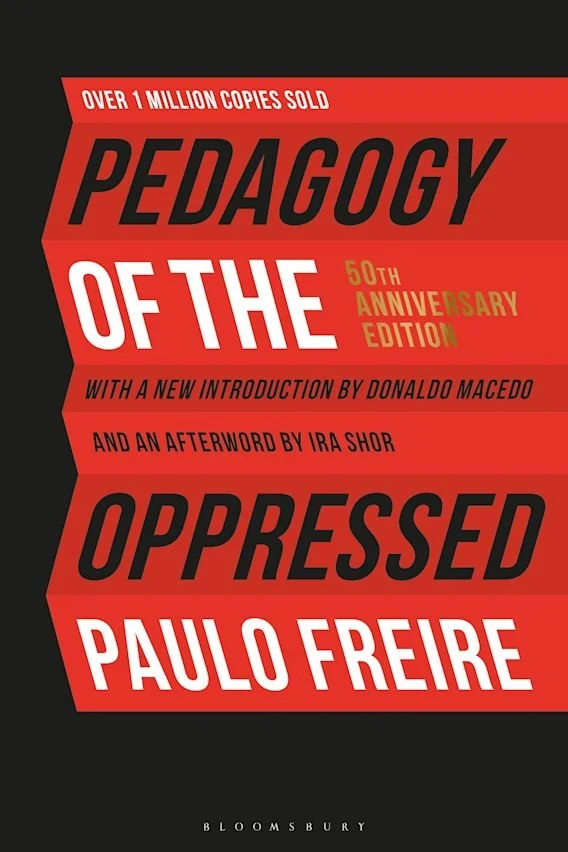As many shortcomings as this book may have, I found it an incredibly valuable window into the communist movement in the United States, especially in terms of capturing the zeitgeist of different eras and connecting the dots between major historical events and how they impacted the lives of our communist queers. It was beautiful and heartbreaking to see how the Black Freedom movement, the Red Scare, the Cultural Revolution in China, so forth and etc collided in the lives of our progressive forebears. Communists in Closets tracks the inspiring forging of solidarities and the heartbreaking exclusion of the minoritized. It made me realize you cannot understand the BIPOC history of the United States without understanding Marxism and the communist movement’s critical role, long obscured by K-12 public education in the United States.
Bettina Aptheker is the perfect, somewhat sus narrator. A red diaper baby (that means she comes from blood-red communist parents!), Bettina had privileged access to the movement. Her first job was literally working for WEB Du Bois, for example. This privilege is not untroubled. Aptheker gained notoriety for outing her father as her sexual abuser after his death in her book Intimate Politics, first published in 2006. Her communist stripes, however, were first earned in publishing a major history of the trial of Angela Davis, which she both recorded and organized in support of Davis. She’s about 80 now and there are occasional gaffs in her writing. While her racial politics are usually solid, she refers to a particular neighborhood as historically “Negro” at one point. She also has a strange moment where she talks about how one elder communist feminist was, of course, anti-Trump and, somehow just as obviously, a Hilary Clinton supporter. The book deserves to be criticized for its writing style, as Aptheker’s portraits read a bit quaint, by which I mean to say it routinely feels like a grandmother is telling you long-winded stories. Aptheker occasionally indulges in litanies of awards her acclaimed queers earned in a way that provides a shallow, if lettered, understanding of the impact of their work. As much as these shortcomings might rub some readers wrong, the historical material was so poignant for me, that I was engrossed in the reading.
I especially loved the portrait of Lorraine Hansberry, although I worry Aptheker may have leaned a little too heavily on Imani Perry’s work here. There was one moment in particular where Aptheker describes how Hansberry met with two other prominent Black communist women to organize resistance against the US coup of President Arbenz’s socialist government in Guatemala. This moment of international solidarity, to know that Black women in the blistering racism of the 1950s, saw my Central American kin and fought for us, stopped me in my tracks and moved me nearly to tears. Most heartbreaking of all, all of these women were lesbian yet so deeply closeted that they likely never knew about one another’s sexual orientations for the entirety of their lives. Aptheker does a profoundly good job showing how the closet psychologically tormented these prominent communists, who continued to risk their lives and well-being for the communist movement, despite its rejection of them. Such unfaltering love in the face of such cruelty is perhaps the queerest thing about this book.
I also found the 5/5 movie Salt of the Earth through this book. The movie starred Rosaura Revueltas, a prominent Chicana lesbian! I am always happy to learn more about Paul Robeson, who was not queer, but appears throughout the book as a prominent communist. Turns out white mobs used to try to stop his performances and lynch concert goers.
I love this book despite its blemishes. 4 out of 5.





















